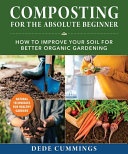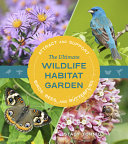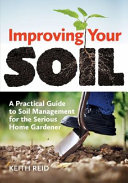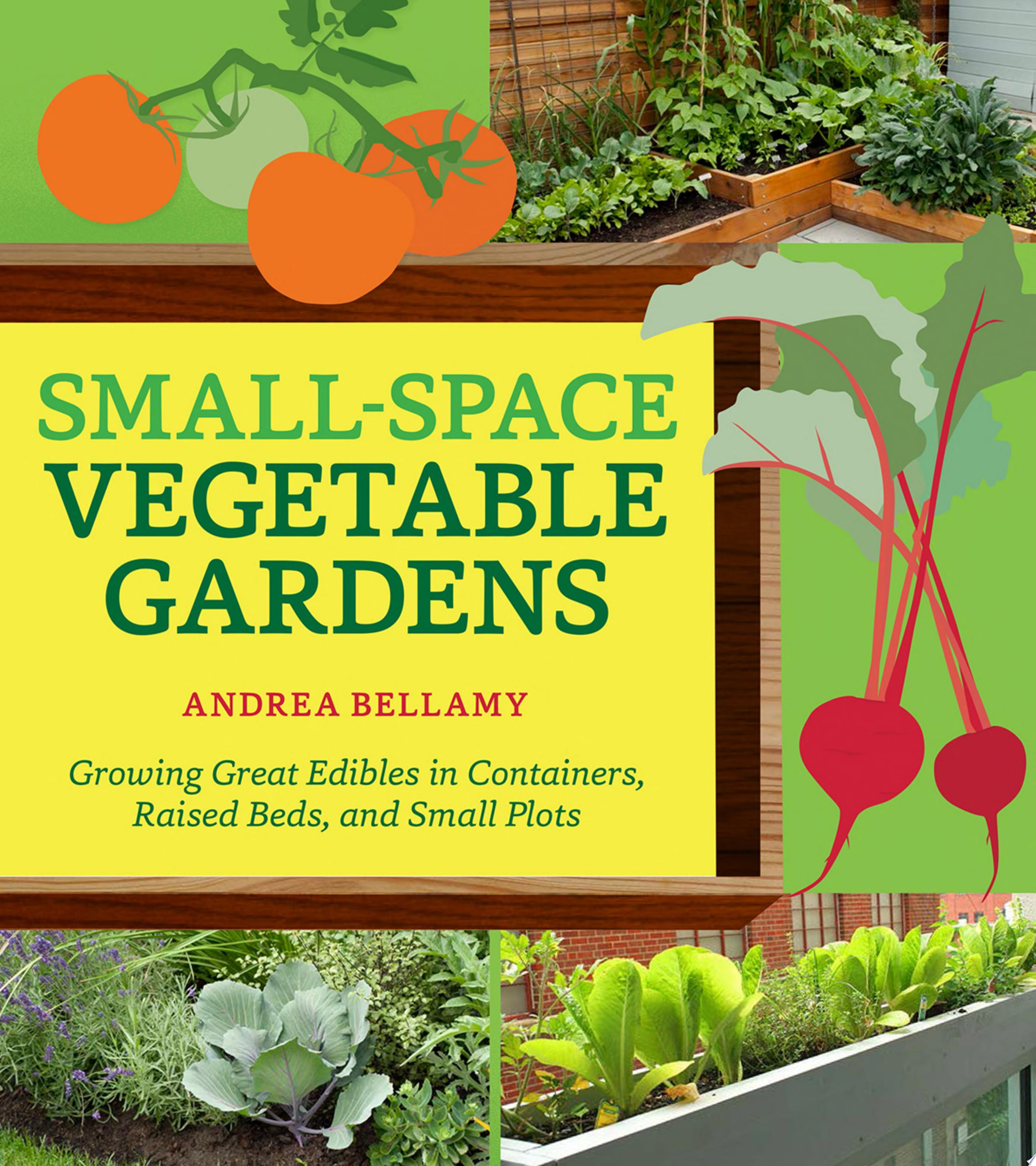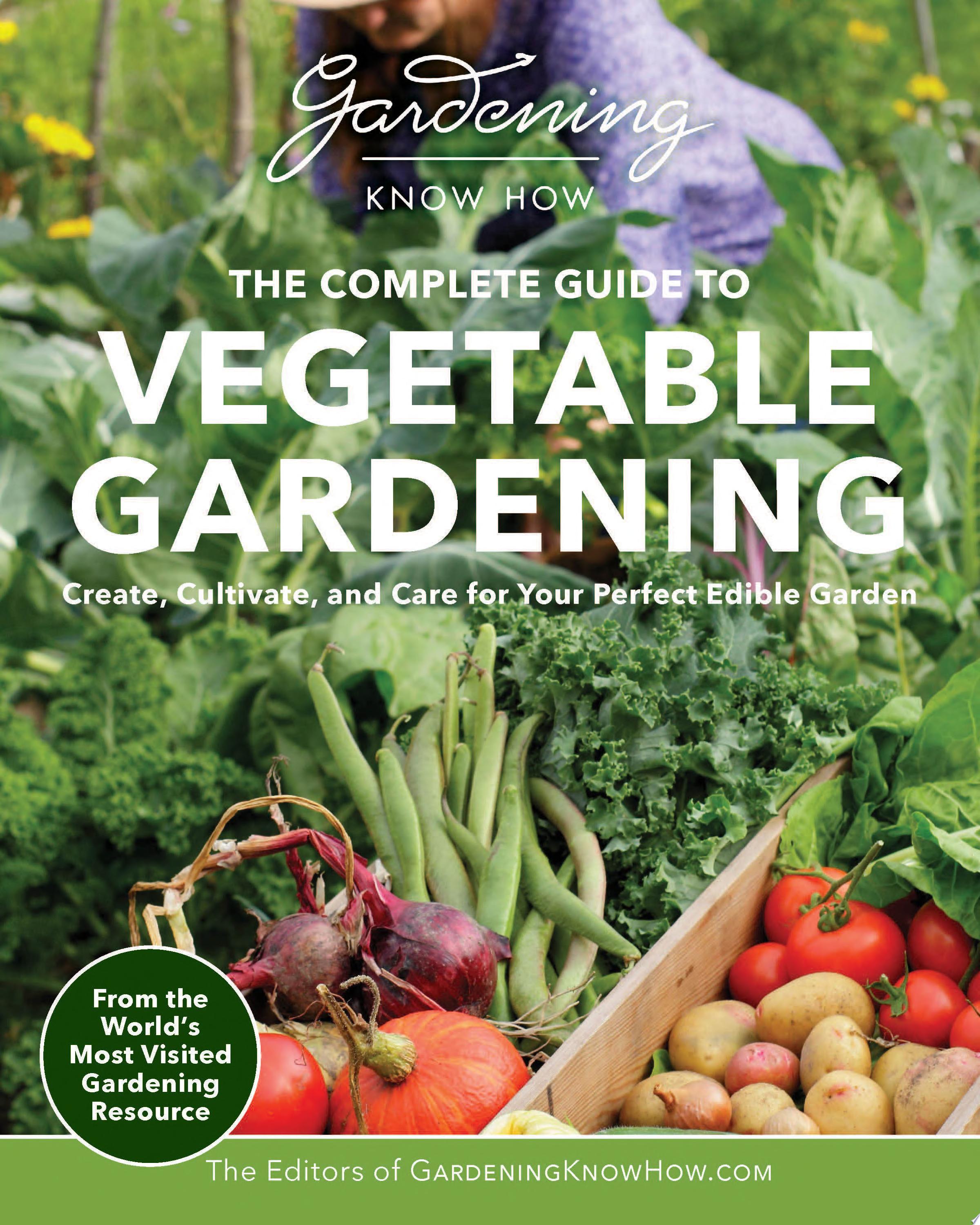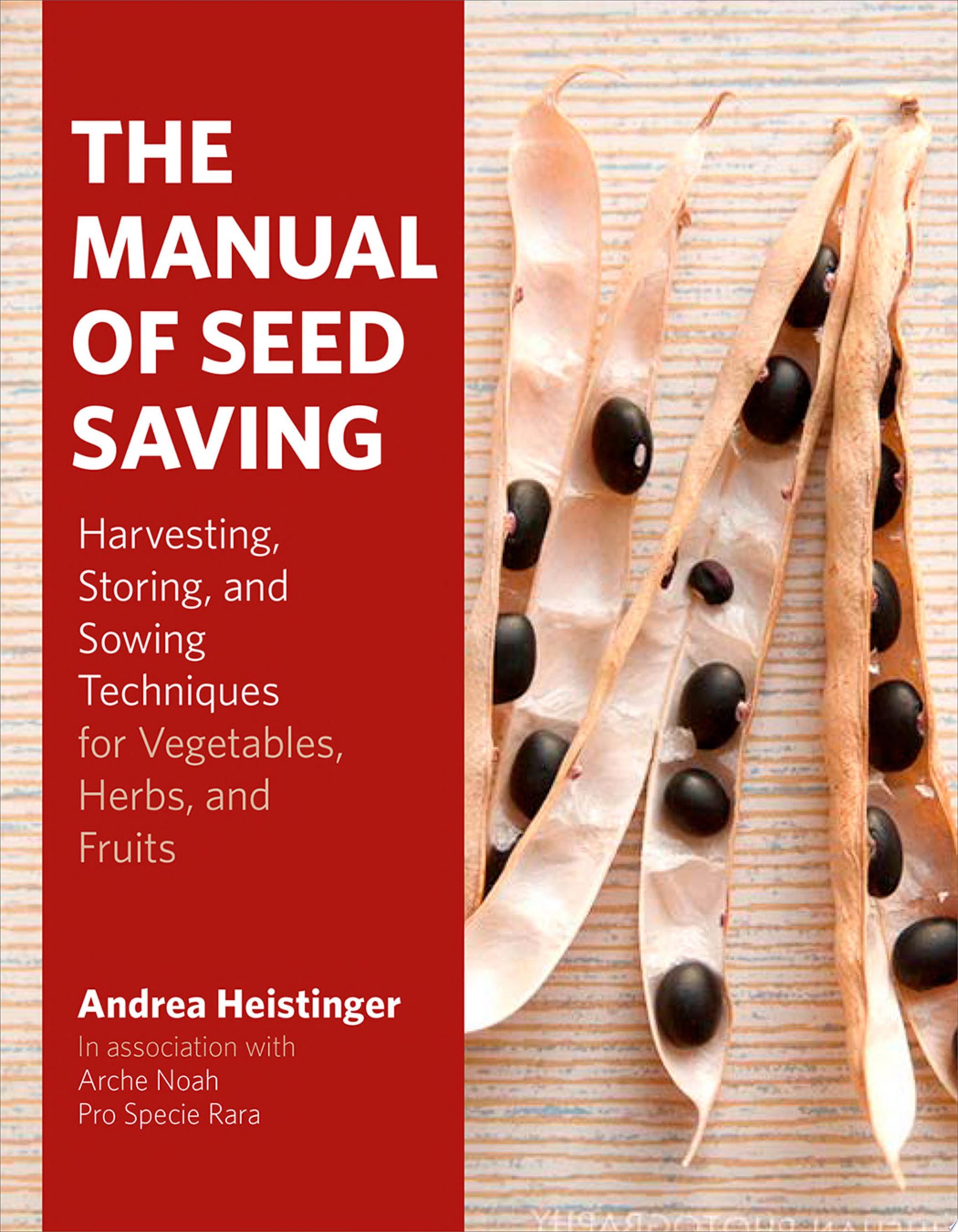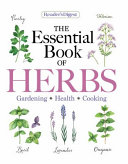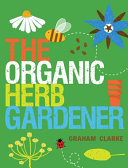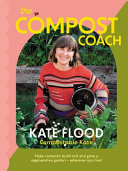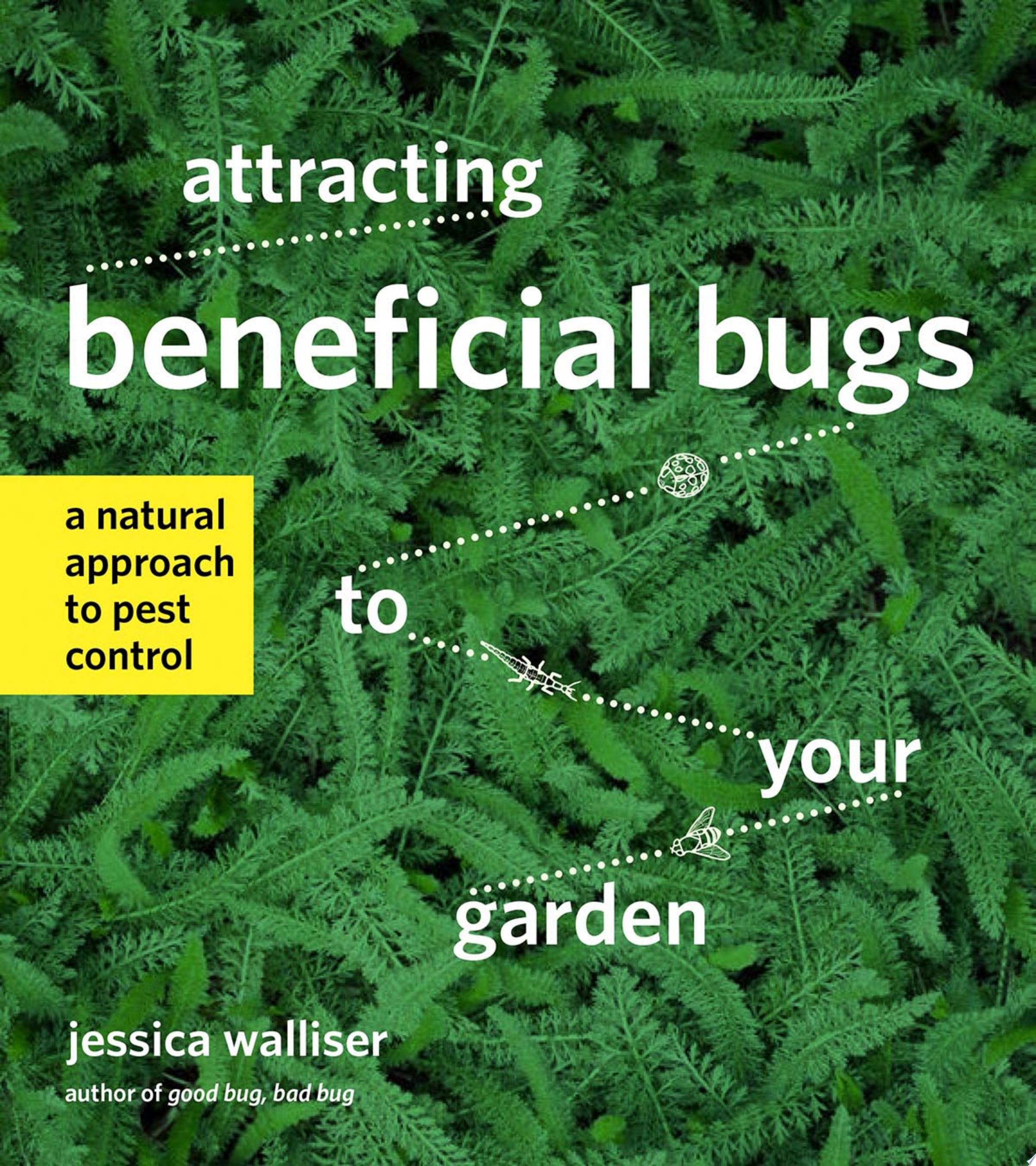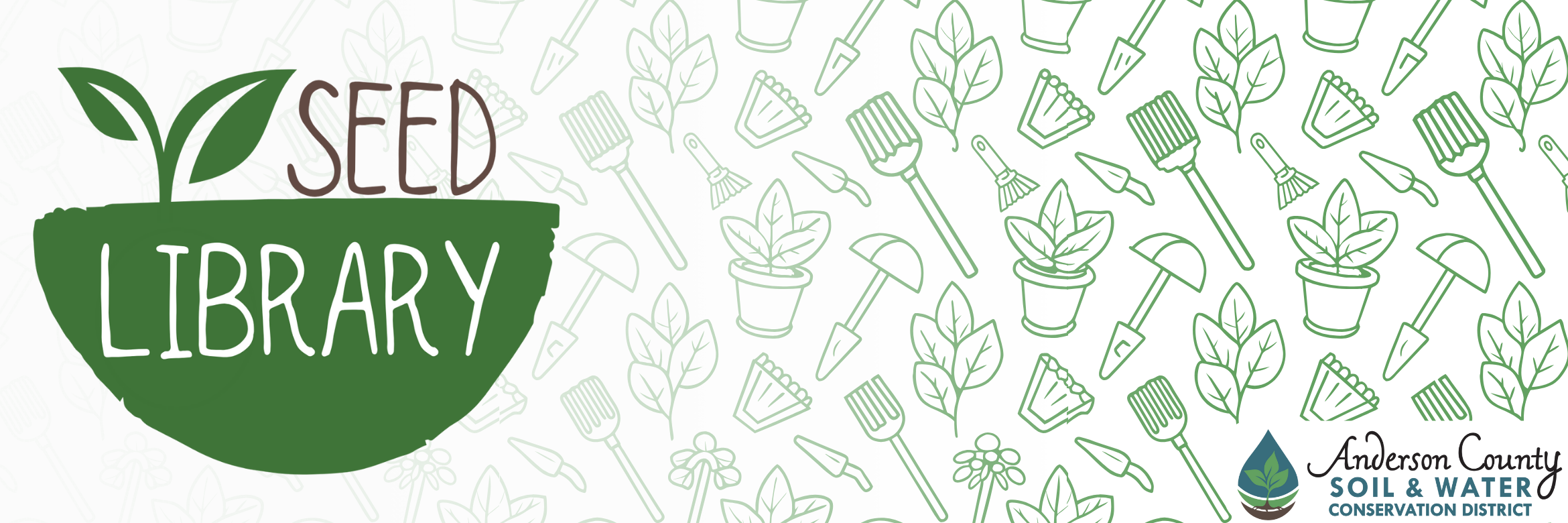
The Seed Library
The Seed Library is made possible thanks to a partnership with Anderson County Soil & Water Conservation District. We currently offer over 40 varieties of vegetables, herbs, and flowers. The Seed Library is open twice a year – spring and fall.
The Seed Library is a program to foster and engage Anderson residents of all ages in food and environmental sustainability. Visit the Anderson County Soil & Water Conservation District online to learn more.
Can’t make it to the Main library? No problem! During both the spring and fall, the Traveling Seed Library will visit each of our library branches for a week. The ACSWCD also hosts Pop-Up events throughout the spring season at each branch where you can learn more about district programs and different conservation practices related to gardening
Who can check out seeds?
Anyone with a valid Anderson County Library card. Don’t have one? Get one today.
The Spring 2026 Seed Library will open Monday, February 2, 2026 and run through April 30th (or while supplies last).
Check out up to five packets of seeds at a time. Then plant them and see what grows. No returns necessary – the seeds and what you grow are yours to keep.
Need help? Pick up the Growing Guide at the Anderson Main Library, when the Traveling Seed Library visits your branch, or read online. Also, check out the Library’s books and resources for growing and gardening. Find growing information with Clemson Cooperative Extension’s Home and Garden Information Center.
A Message from Anderson County Soil and Water
The Seed Library is an educational project that provides the public an opportunity to learn about the importance of growing their own food, eating healthy, environmental stewardship, promoting green space and plant diversity, while encouraging families to get outdoors. Anderson County Soil & Water Conservation District and the Anderson County Library System have established a “seed sharing” library, with different seed varieties, that are housed at the Anderson Main Library Branch in a card catalog. Seeds that are available to the public are vegetables, herbs, and native plant species. In September of 2020, we did a “soft-opening” for our Seed Library due to COVID-19 and 793 seed packets were checked out with 12 varieties available. The Seed Library closed October of 2020 and reopened in March of 2021 for a grand opening with up to 40 different seed types, all suited to grow in our area. A total of 5,095 seed packets were checked out in the spring of 2021!! Along with the main Seed Library, we also partnered with the smaller library branches in the county and did Pop-Up Seed Libraries. This provided different areas of the county with free seeds and eliminated individuals needing to travel to the main branch. Our Pop-Up Seed Library idea is now known as the Traveling Seed Library Totes that visit each branch for one full week during each Seed Library season.
We have reached many areas in Anderson County through this program and we want to continue to reach more. The poverty rate in Anderson County is 22.3% and these people go without eating healthy food or even food at all. The Seed Library will help decrease the number of people who go hungry in Anderson County and decrease the number of people who are simply unaware of how to grow their own food. The Seed Library project has a lot to offer just by providing seeds. Growing your own food promotes a healthier lifestyle, saves money on groceries, reduces food waste and worrying about food safety, builds a sense of pride, has a positive environmental impact, and it gets you outdoors.
Traveling Seed Library - Fall 2025
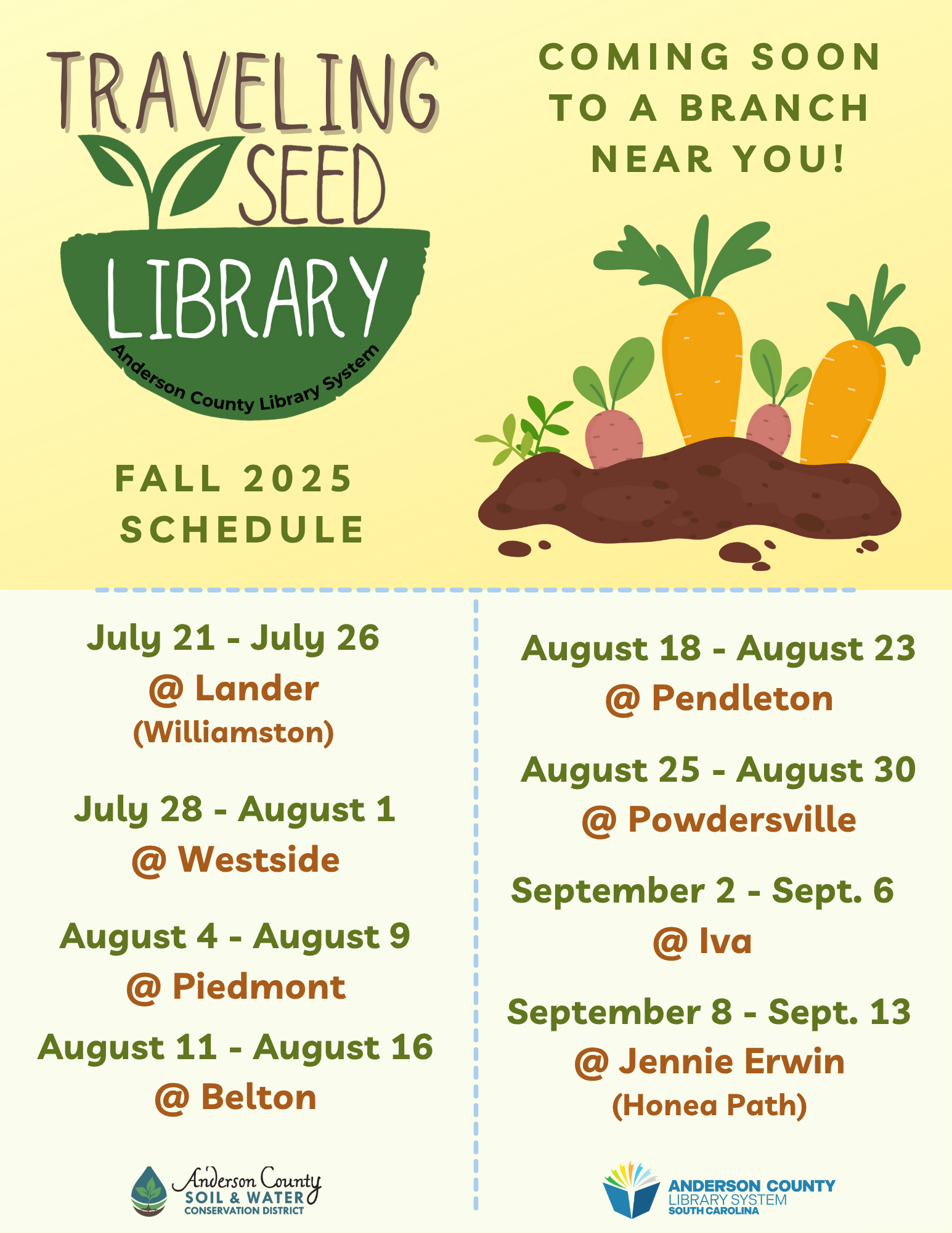
Upcoming Events
Come to the library and create your own fairy light bottle lamp, using recycled materials! All supplies provided. Open to adults ages 18 and up.
Need volunteer hours? Want to get out of the house?
Come pack seeds for the Seed Library! Socialize and pack seeds to help our Seed Library “grow”.
Raised Bed Gardening and Seed Packing
Join Anderson County Soil and Water Conservation District to start thinking about your 2026 spring garden!
Join Anderson County Soil and Water Conservation District for a Seed Swap Event at the Anderson Main Library to celebrate National Seed Swap Day 2026!
Thinking about starting your own garden from seed? Join us for an informative session where you’ll learn the basics of seed selection, germination, care, and transplanting.
Seed Library FAQ
The Seed Library is happy to accept donations of your locally saved seeds in any quantity. The seeds should be collected from your healthiest plants. We also are happy to accept your unused quantities of seeds from seed packets you might have purchased commercially.
Seeds saved from grocery store produce are not suitable for the Seed Library. This is because there’s not enough information about how the plants were grown. Please put them in your compost bin instead.
Donations should be completely dried, packed, and clearly labeled. Donated seeds will be added to the Seed Library collection at the discretion of the Anderson County Soil & Water Conservation District.
You can donate seeds at any Anderson County Library Branch or at the Anderson County Soil and Water Conservation District building at 1521 Pearman Dairy Rd, Anderson, SC 29625.
We are always looking for volunteers to help pack seeds!
Please contact either the Anderson County Soil and Conservation District at (864) 844-8224 or the Seed Library Coordinator at the library at (864) 260-4500 ext. 108 or through email at seedlibrary@andersonlibrary.org if you are interested.
For more information, visit: https://andersonswcd.org/seed-packing/
